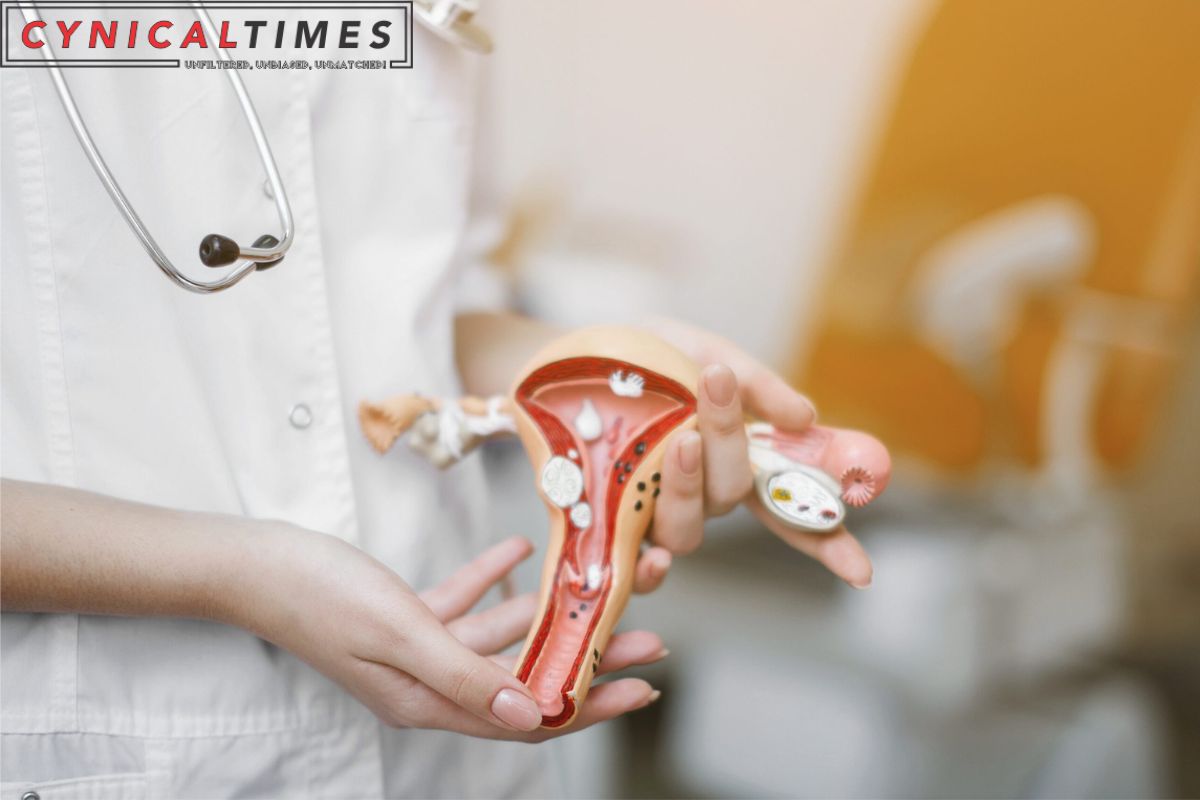Women with Childbirth Health Problems at Higher Risk : A study by RI-MUHC found that women with childbirth health problems are three times more likely to have future health problems. From 1989 to 2021, over 1.4 million births in Quebec were studied. This is crucial for doctors and women planning future pregnancies.
65.2 out of 1,000 women with prior pregnancy health issues experienced them again in their second pregnancy. However, women without prior pregnancy health issues had a lower likelihood of experiencing the same problems in their second pregnancy, at a rate of 20.3 per 1,000.Women with prior heart issues or uterine tears during their first childbirth were at higher risk for adverse outcomes.The study fills a gap in our knowledge about the risks for women with prior major problems having more babies.
Approximately 1-3% of Canadian women experience “severe maternal morbidity” after childbirth. This means they have major health issues like heavy bleeding or severe preeclampsia. These effects can lead to maternal mortality and prolonged hospital stays and may recur in subsequent pregnancies. Monitoring pregnancy and childbirth issues for optimal care and maternal health is crucial.


Also Read : Myelin Repair Breakthrough: New Hope for Untreatable Neurological Diseases like Multiple Sclerosis
The McGill team studied 1,406,874 births in Quebec. Out of these numbers, 819,375 women had at least two babies in a hospital, and 25,873 had health problems during their first delivery. The results were adjusted for age, existing health conditions, and income.
Heart problems are more likely to recur during the first delivery. Those with past problems are seven times more likely to experience this. The study found that a woman’s risk of heart problems and severe preeclampsia in a later birth increased if she had complications during her first delivery.
Certain issues, such as heart problems, major preeclampsia, heavy bleeding, and surgical problems, were more likely to recur. However, sudden kidney failure, blockage, and infection did not exhibit the same pattern.Women with first-birth issues were more likely to be over 35, have preexisting health problems, and come from lower-income households.
The study examines Quebec data, but the authors believe the findings are applicable to Canada and other countries with similar healthcare systems. Dr. Natalie Dayan, the study’s author, states it helps women understand future birth risks and allocate care resources. Experts study the impact on people’s minds, hearts, and doctor visits. They believe it will aid in creating improved regulations for public health and maternal care.
Before the study, researchers spoke with a group called Maternal Near Miss Survivor. There are over 1,000 North American women in this group. All had birth issues but survived. The scariest part was the danger of having kids in the future. People in this group need to know this information.The study aims to improve maternal health by reducing maternal mortality during childbirth. It aims to prevent moms from getting sick during childbirth and experiencing long-term issues.
Our Reader’s Queries
What increases the risk of health problems and birth defects for a pregnant woman?
Pregnancy can be risky for women with certain health conditions such as high blood pressure, obesity, diabetes, epilepsy, thyroid disease, heart or blood disorders, poorly controlled asthma, and infections. These conditions can increase the chances of complications during pregnancy. It is important for women with these conditions to work closely with their healthcare provider to manage their health and reduce the risks associated with pregnancy.
What is the greatest health risk as a mother?
Severe bleeding after childbirth, infections post-delivery, high blood pressure during pregnancy (pre-eclampsia and eclampsia), complications from delivery, and unsafe abortion are the primary causes of maternal deaths, accounting for almost 75% of all cases.
How does childbirth affect women’s health?
Postpartum women often experience a range of physical and emotional challenges. These can include dyspareunia, or pain during sexual intercourse, which affects 35% of women. Low back pain is also common, affecting 32% of women. Other issues may include anal incontinence (19%), urinary incontinence (8-31%), anxiety (9-24%), depression (11-17%), perineal pain (11%), fear of childbirth (tokophobia) (6-15%), and secondary infertility (11%). It’s important for women to seek support and treatment for these issues to improve their overall well-being.
Are pregnancy risks higher for women who have babies at age?
Individuals over the age of 35 face a greater risk of experiencing miscarriage or stillbirth. Additionally, as one ages, the likelihood of multiple pregnancies increases due to the ovaries releasing more than one egg per month. Certain fertility treatments can also increase the chances of a multiple pregnancy.

